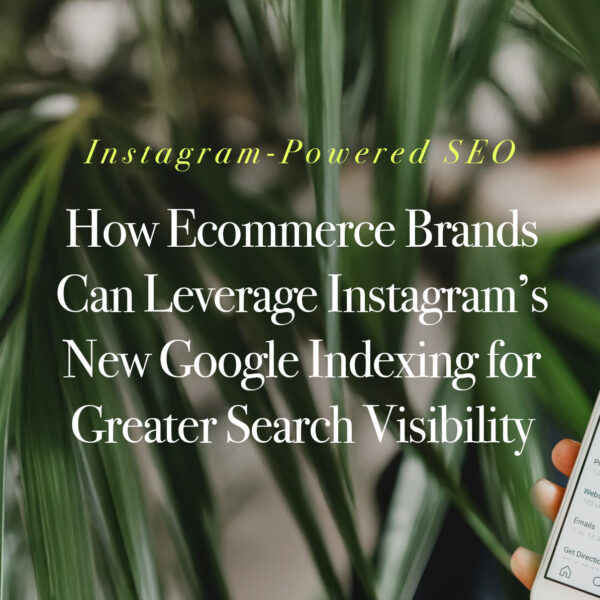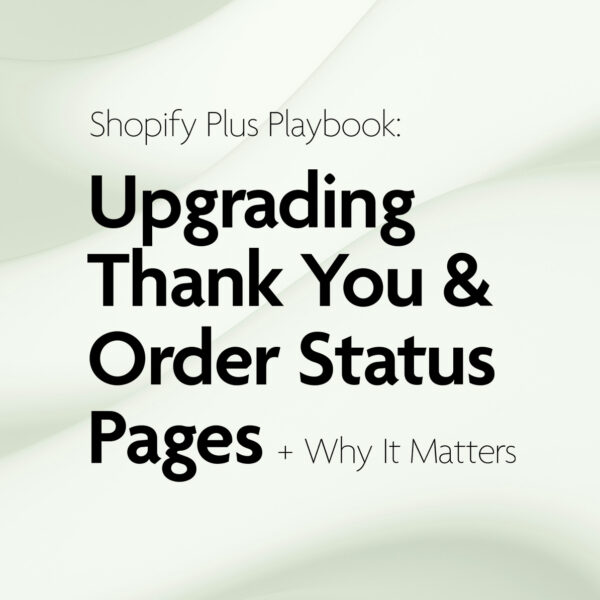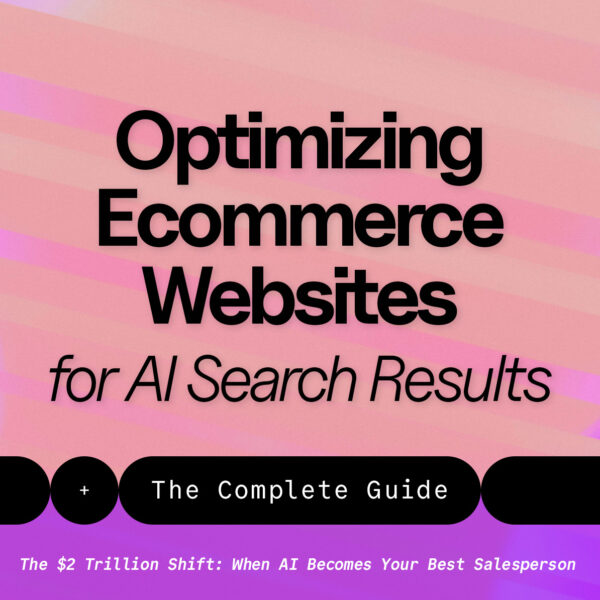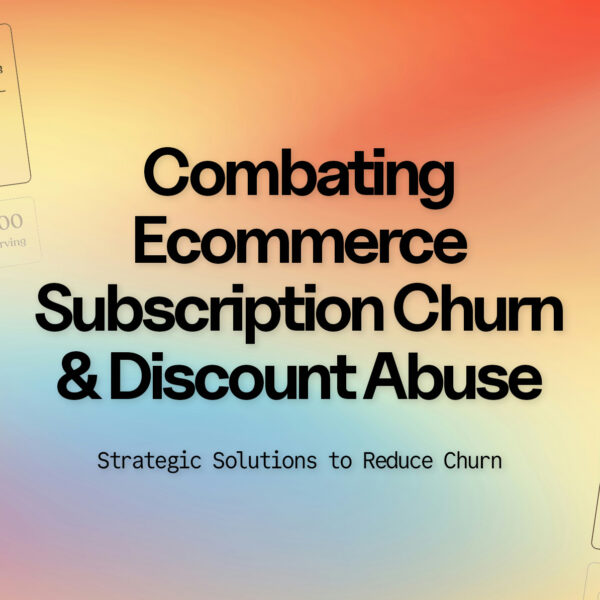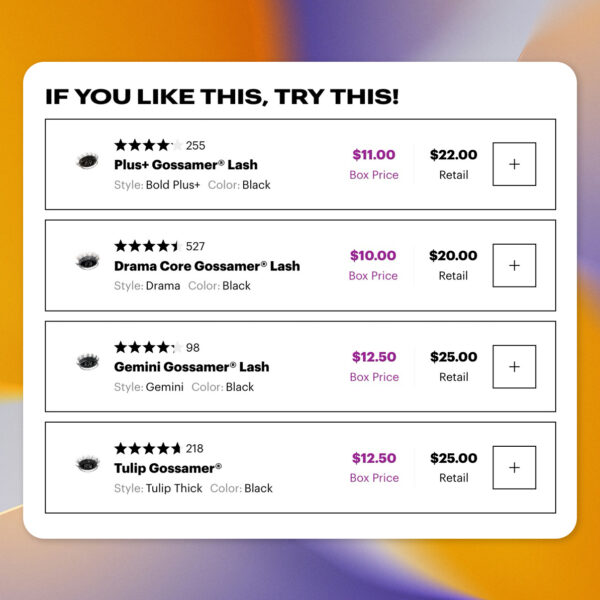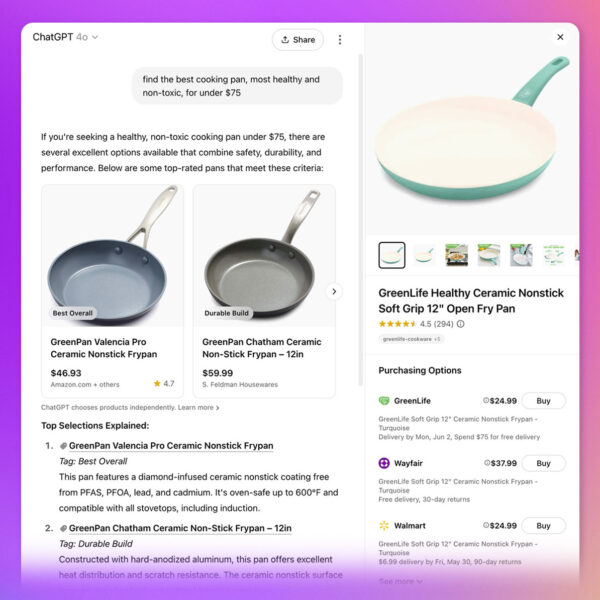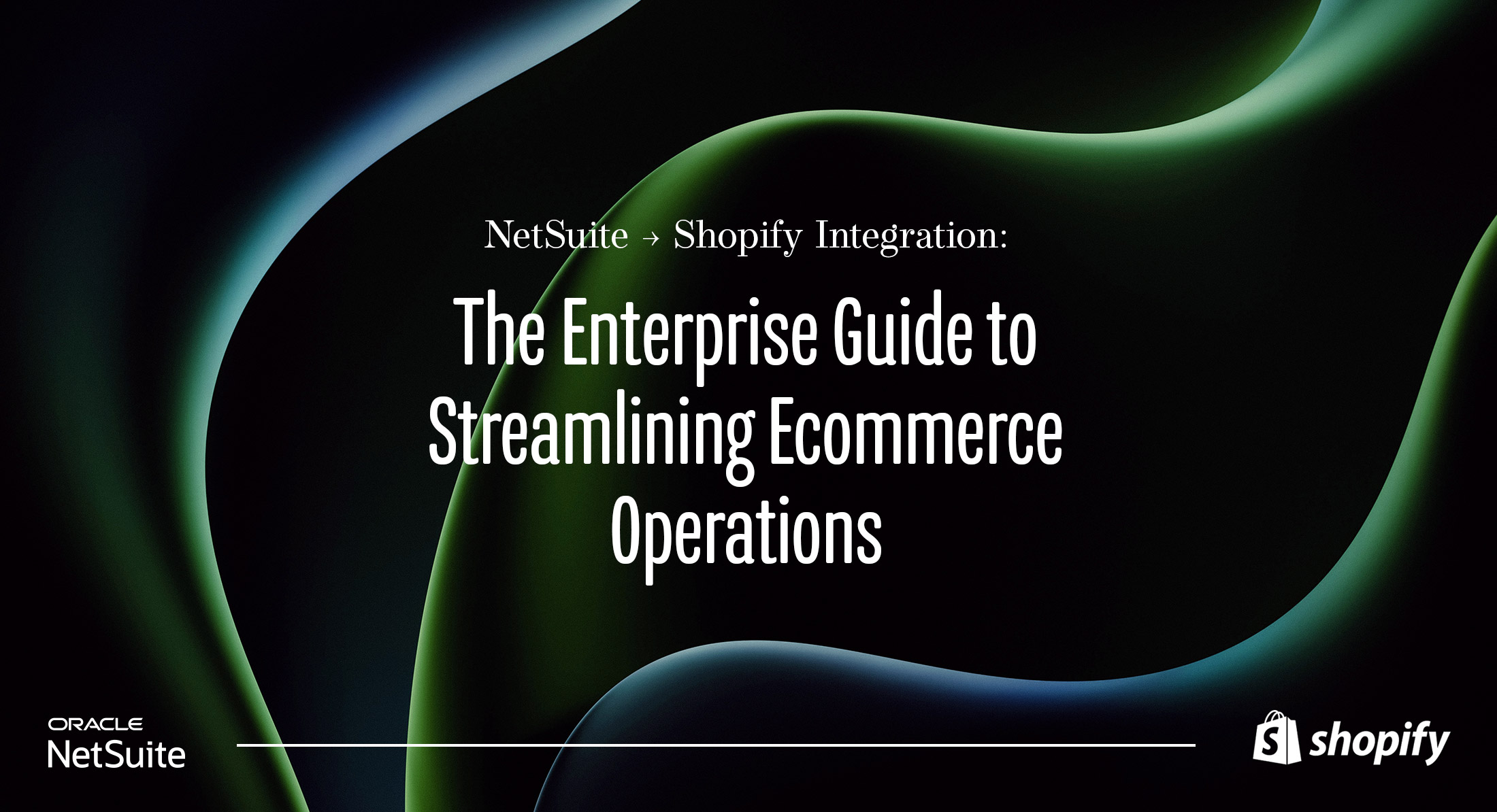
NetSuite → Shopify Integration: The Enterprise Guide to Streamlining Ecommerce Operations
For enterprise and high-growth ecommerce brands, scaling successfully is less about “adding more tools” and more about creating a centralized operational backbone. NetSuite, as one of the most robust cloud ERP systems in the market, is often that backbone, handling finance, inventory, procurement, supply chain, manufacturing, and reporting for brands with complex operations. Shopify, on the other hand, leads in providing a flexible, high-converting ecommerce experience to customers.
When integrated correctly, NetSuite + Shopify becomes a single, high-efficiency ecosystem—one that not only removes operational bottlenecks but also supports global expansion, multi-channel selling, and data-driven decision-making at scale.
Why Enterprise Ecommerce Brands Choose NetSuite ERP
While smaller merchants may rely on basic accounting software or lightweight inventory tools, enterprise-level brands or high-growth brands operate on a different playing field. NetSuite ERP offers capabilities that align with large-scale operational demands:
- True Centralization of Business Data – Finance, supply chain, procurement, warehouse management, and customer records are unified in one system.
- Real-Time Inventory Management – Accurate stock levels across all warehouses, marketplaces, and retail locations to prevent overselling and reduce holding costs.
- Advanced Order Management – Intelligent routing, partial fulfillment, split shipments, and automated backorders.
- Multi-Currency, Multi-Language, and Multi-Subsidiary Support – Essential for global brands selling across borders.
- Advanced Reporting & Forecasting – Enterprise-grade analytics for demand planning, supply chain optimization, and financial projections.
- Scalability for M&A or New Brands – Easily add new brands, channels, and subsidiaries into the same ERP environment.
For ecommerce leaders, integrating NetSuite with Shopify ensures that the storefront and the back office operate as one, rather than in disconnected silos.
Why Integration Is Mission-Critical for Growing Brands
In high-volume operations, even small inefficiencies compound into significant losses, whether it’s late orders, inventory discrepancies, or manual data re-entry that wastes hundreds of hours per month. Without integration, enterprise brands risk:
- Data Latency – Inventory updates lag between systems, leading to overselling or stockouts.
- Fragmented Customer Experience – Delayed order confirmations, inaccurate tracking, or inconsistent product data.
- Operational Inefficiency – Staff manually transferring orders, invoices, and fulfillment updates between systems.
- Inaccurate Forecasting – Finance and supply chain teams making decisions based on outdated or incomplete data.
Integration eliminates these issues by automating data flow in real time, from order capture in Shopify to inventory and financial reconciliation in NetSuite.
Integration Approaches for Shopify ↔ NetSuite at Enterprise Scale
1. iPaaS Solutions (e.g., Celigo, FarApp, Patchworks, Dell Boomi)
Integration Platform as a Service (iPaaS) tools are the go-to choice for many large brands because they combine speed of deployment with enterprise-grade flexibility.
Key Advantages:
- Pre-built Shopify–NetSuite connectors with enterprise-level configurations.
- Support for bi-directional data sync across orders, inventory, customers, pricing, promotions, and fulfillment.
- Workflow automation for advanced scenarios like B2B pricing tiers, custom product attributes, or multi-brand catalogs.
- Scalability to connect additional systems like 3PLs, CRMs, marketplaces (Amazon, eBay), and POS solutions.
Example: Celigo’s Shopify–NetSuite Integration App is a popular choice among enterprise brands, offering modules for real-time order imports, fulfillment status synchronization, bulk inventory updates, and advanced field mapping for complex business rules.
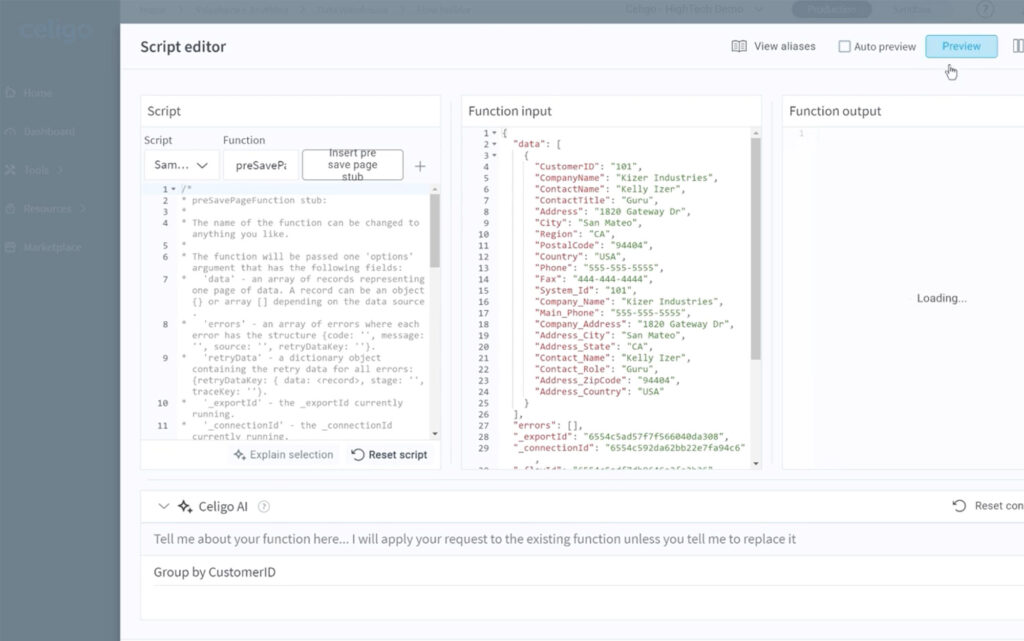
As a Celigo-certified partner, Absolute Web has implemented the platform numerous times, with brands consistently appreciating the transparency and intuitive dashboard it provides.
2. Custom API Integration
Some enterprise brands have operational models so unique that even the most flexible iPaaS solution can’t fully capture them. This is where custom API integration shines.
Key Advantages:
- Fully tailored workflows aligned with your business logic (e.g., custom order routing rules, made-to-order manufacturing triggers).
- Ability to merge multiple Shopify storefronts into a single NetSuite instance for unified reporting.
- Advanced synchronization beyond “standard” fields, custom metafields, serialized products, loyalty points, or subscription logic.
- Full control over performance, scalability, and security protocols.
Considerations:
- Higher upfront investment and ongoing maintenance requirements.
- Best suited for brands with dedicated in-house development teams or long-term agency partners.
3. Official Shopify App for NetSuite
Shopify’s own NetSuite app provides a more plug-and-play approach, ideal for less complex enterprise setups or as a stopgap before a larger integration project.
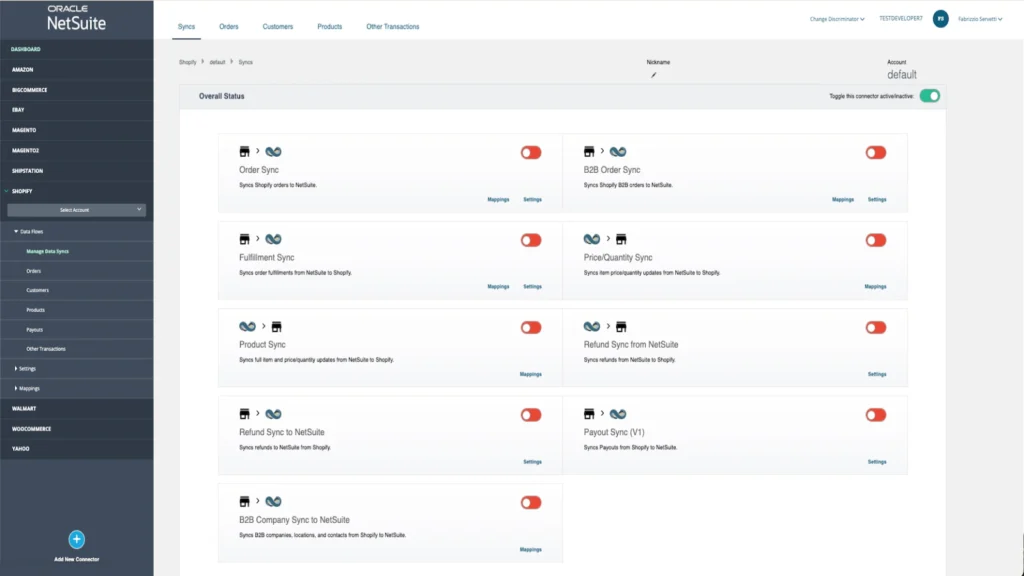
Key Advantages:
- Quick to implement for basic order, customer, and inventory sync.
- Minimal technical overhead, can be managed by internal ecommerce teams without heavy developer involvement.
Limitations for Enterprise Use:
- Limited customization and scalability for unique workflows.
- May not handle high order volumes, complex catalog structures, or B2B-specific requirements without additional middleware.
Core Data Flows in a Robust Shopify–NetSuite Integration
Regardless of the integration method, enterprise-grade setups typically include automation for:
- Order Management – Real-time import of Shopify orders into NetSuite with automated status updates back to the storefront.
- Inventory Synchronization – Multi-location inventory updates to prevent overselling across warehouses, stores, and marketplaces.
- Product Data & Pricing Sync – Ensuring Shopify always reflects the correct product details, tiered pricing, and promotions from NetSuite.
- Customer & Account Data – Syncing customer profiles, segmentation tags, and purchase history for marketing and service teams.
- Fulfillment & Shipping Updates – Automatic push of tracking numbers and delivery statuses from NetSuite to Shopify.
Choosing the Right Integration Path for Enterprise Ecommerce
Your integration strategy should be shaped by:
- Volume & Complexity – Brands processing thousands of orders daily or managing complex B2B/B2C hybrid catalogs require more robust middleware or custom builds.
- Growth Roadmap – If acquisitions, international expansion, or marketplace diversification are in your near future, choose a scalable integration layer.
- Internal Resources – The right choice balances automation needs with your team’s ability to manage and maintain the integration.
- Compliance & Security – Ensure the integration meets industry-specific compliance requirements (e.g., GDPR, CCPA, PCI-DSS).
The Enterprise Payoff
When Shopify and NetSuite operate in sync:
- Order-to-Cash cycles shorten, improving cash flow.
- Inventory accuracy improves, reducing overstock and lost sales.
- Customer satisfaction increases through faster, more transparent fulfillment.
- Operational overhead drops, freeing your teams to focus on strategy and growth.
For enterprise brands, this isn’t just about IT efficiency, it’s about enabling a future-proof ecommerce infrastructure.
Absolute Web: Your Shopify–NetSuite Integration Partner
We’ve worked with mid-market and enterprise ecommerce brands to design and implement scalable, high-performance Shopify–NetSuite integrations. Our expertise spans iPaaS deployments (Celigo, Zapier, etc), fully custom API builds, and hybrid approaches, always tailored to meet the demands of complex, high-volume operations.
If your brand is ready to:
- Eliminate operational bottlenecks,
- Improve global inventory accuracy,
- And unify your ecommerce and ERP ecosystems…
Let’s talk. Absolute Web can architect an integration strategy that keeps your Shopify storefront and NetSuite ERP working together as one seamless enterprise commerce engine.
Promoted
EEE Miami 2026 – The Most Inspiring Ecommerce Conference
February 4-5, 2025 | Miami, FL
In-Person Event | Get Tickets
More Articles
Instagram-Powered SEO: A Game Changer for Ecommerce ...
Instagram has officially enabled Google (and other search engines like…
Read more
Shopify Plus Playbook: Upgrading Thank You & ...
For high-volume stores, the Thank You and Order Status pages…
Read more
Top 20 Industry-Specific Conferences for Ecommerce Executives ...
Ecommerce leaders are increasingly seeking out curated, industry-specific conferences to gain deeper…
Read more
Optimizing Ecommerce Websites for AI Search Results: ...
Search is getting a makeover. By 2026, more people will be…
Read more
Combating Ecommerce Subscription Churn & Discount Abuse
Subscription churn and discount abuse pose significant challenges for ecommerce…
Read more
The Personalized Shopping Journey: How Smart Brands ...
In today’s ecommerce landscape, personalization isn’t just a nice-to-have; it’s…
Read more
Beyond Google: SEO for ChatGPT, Gemini, and ...
Search engine optimization is no longer just about ranking #1…
Read more
Shopify Summer 2025 Editions: 10 Game-Changing Updates ...
Shopify’s Summer 2025 Edition, aptly named Horizons introduces over 150…
Read more
Social Feed


